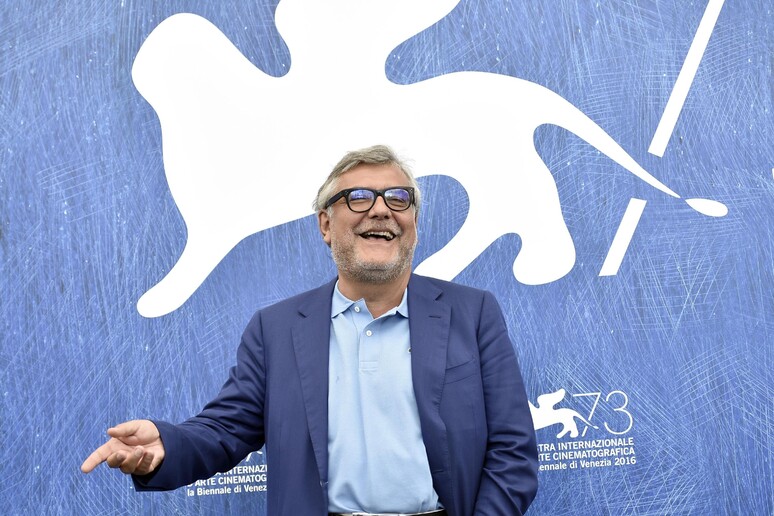The 24-member Supreme Council of
Magistrates (CSM), which is the judiciary's self-governing body,
on Wednesday split evenly on whether or not to shelve
proceedings against magistrate and successful crime novelist
Giancarlo De Cataldo.
The proceedings were sparked by 13 phone calls De Cataldo
made with jailed Rome mafia kingpin suspect Salvatore Buzzi, who
is on trial in the so-called Capital Mafia case into a ring of
gangsters, businessmen, and politicians that allegedly muscled
in on lucrative city contracts.
The CMS earlier nixed a motion to have De Cataldo
transferred.
De Cataldo told the CSM in an April hearing that he first
met Buzzi when he was a sentencing supervisory magistrate in
1989, and that he has nothing to reproach himself because at the
time the 13 calls were made - between March 2013 and November
2014 - Buzzi was universally upheld as "the symbol of a
rehabilitated prisoner".
De Cataldo claimed he had no reason to suspect "the man had
suffered a degeneration that ultimately resulted in the Capital
Mafia trial".
The motion to shelve the inquiry against him said "there is
no evidence that the interaction between De Cataldo and Buzzi
was illicit, improper or inappropriate", or that it involved
money, business, political nepotism, of wheeling-dealing of any
kind, or that Buzzi "interfered" with De Cataldo's job as a
magistrate in any way.
Proponents of the proceeding against him said his frequent
interaction with Buzzi and other detainees, and his use of that
milieu for material for his novels, might raise doubts as to his
impartiality and independence as a judge.
De Cataldo authored the best-selling 2002 novel Romanzo
Criminale (Criminal Romance), which spawned an award-winning
movie and a popular TV series. Set in a period of unrest and
upheaval from the 1960s to the 1980s, it tells the story of
three gangster friends who interact with corrupt politicians and
take over the organised crime scene in Rome.
ALL RIGHTS RESERVED © Copyright ANSA











